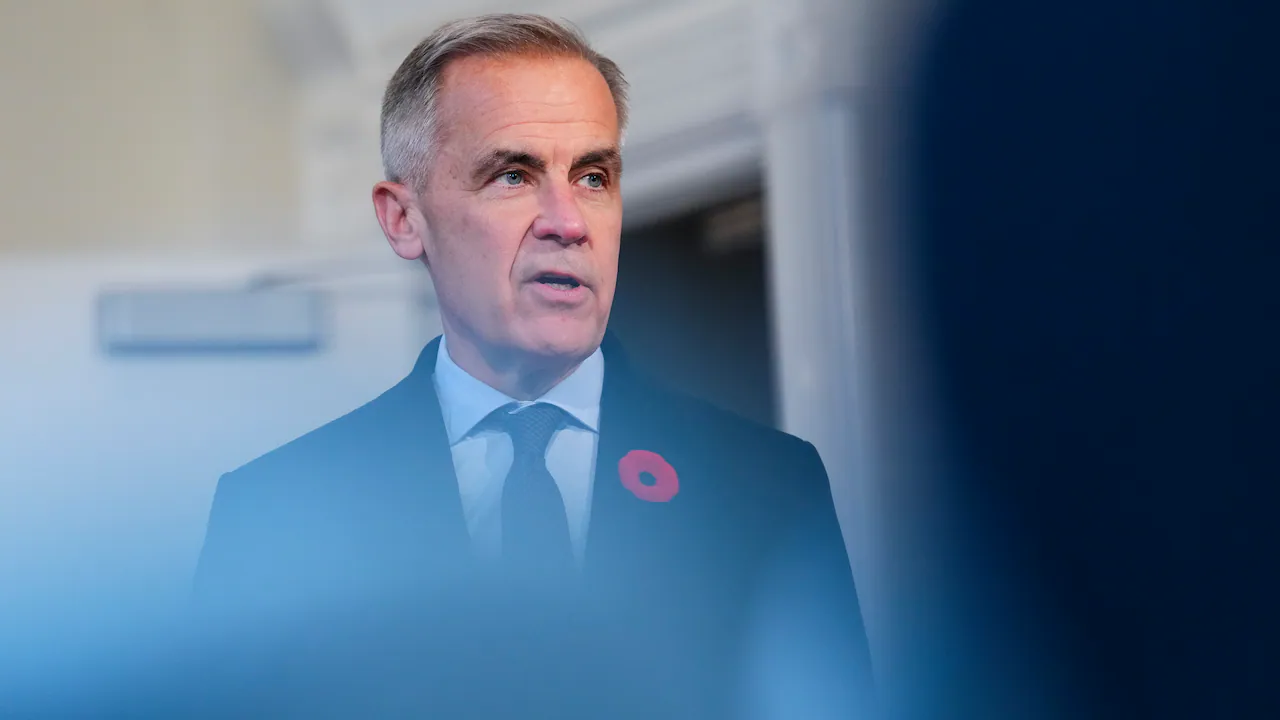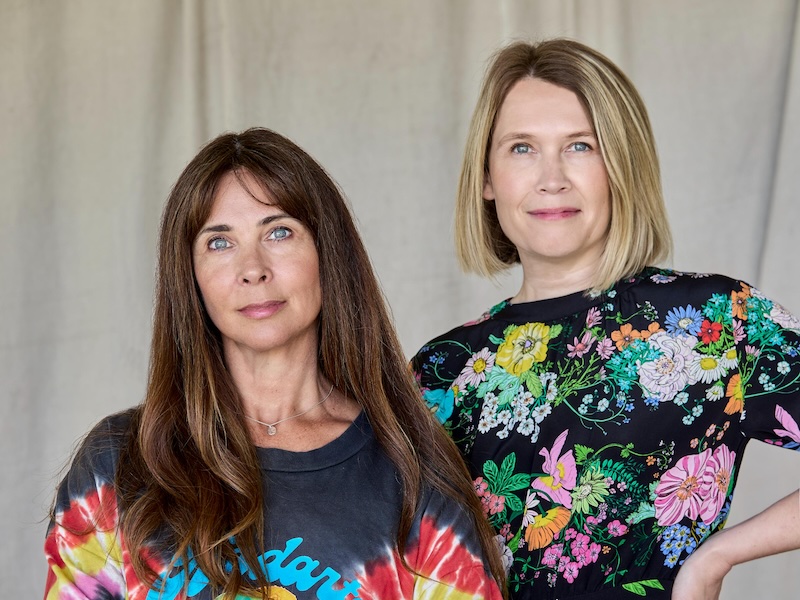Copyright cbc

Finance Minister François-Philippe Champagne will deliver the new Liberal government’s first budget Tuesday that will be full of what he calls “generational investments” to spur growth and help the country weather the tariff-related economic storm. While Champagne is the minister in charge of the file, Prime Minister Mark Carney, a former central banker, is uniquely interested in financial matters and has personally promised to present a pro-growth budget that will usher Canada into a “new era” and “define our next century.” “We have the resources to transform our economy from one of reliance to resilience,” Carney told reporters Saturday after a nine-day swing through Asia designed to open up new markets for Canadian goods and services now that the U.S. relationship is on shaky ground. Through a combination of funnelling public dollars into certain sectors and regulatory relief on major nation-building projects, Carney said he wants to “catalyze unprecedented investment in Canada” and build the country’s reputation as “an energy superpower,” given its huge reserves of oil and natural gas and expertise in renewables. Champagne said Monday this budget will sketch out the Carney government's vision for the future, suggesting it will be more important than in years past given the multitude of challenges Canada is facing. "This is a unique moment in our nation's history and we need to meet the moment and we're going to meet it together," he told reporters after buying a new pair of shoes ahead of the budget, as per Canadian parliamentary tradition. "This is the kind of budget you will remember," he said. "Canadians have asked us to build big, bold things." Whatever the ambition, tabling this document in Parliament is just the first step. The minority Liberal government has 169 seats in the House of Commons and needs at least three members of the Opposition to support the budget if it has any chance of passing — although that number could fall to two if the Speaker is willing to break a tie. That equation could also change if some members abstain on the vote. So far, the government doesn’t have the necessary support. Both the Conservatives and Bloc Québécois have made a series of demands that aren’t expected to be met in exchange for their votes. The Conservatives want a deficit at $42 billion or below — which is roughly what the last Liberal government said it would be this year — and that’s likely a non-starter given what the Liberals have already announced will be in this budget. One observer has said the deficit for this fiscal year could be as high as $100 billion. There have been several pre-budget announcements, as far back as June that include but are not limited to: $9 billion on defence to be spent by the end of March.$13 billion (initially) for the Build Canada Homes agency.$2 billion for small nuclear reactors at Darlington, Ont.$5 billion for a new Strategic Response Fund.$3.6 billion over three years for temporary EI measures due to tariff uncertainty.$1.8 billion to increase federal policing capacity.$370 million for a new biofuel production incentive.$77 million over four years to the CRA for trucking industry non-compliance.$660.5 million over five years for gender equality and safety (including new RCMP hires).$97 million over five years to create a Foreign Credential Recognition Action Fund.$450 million over three years for a workers’ reskilling package. Conversely, the Bloc wants more government largesse with higher pension payouts for seniors and more health-care spending, which is equally unlikely given this government’s commitment to tighten its belt and make what Carney has called “tough choices” and “sacrifices.” NDP interim Leader Don Davies has said his caucus can’t support an “austerity” budget and party MPs will decide how to proceed after seeing what Champagne actually includes. As CBC News has previously reported, Davies has also said abstaining on the vote is an option. If the government loses a budget vote, Canadians could be headed for an election before Christmas — something Carney said he is willing to do if the Opposition demands it. “I am 100 per cent confident that this budget is the right budget for this country at this moment,” he said. More money for housing, military Tuesday's budget is expected to include a $50-billion local infrastructure fund for items such as housing and transportation, a senior government official confirmed to CBC News. It will also earmark up to $1 billion to bring in skilled talent from abroad, including the U.S. The Globe and Mail first reported those details. This budget is also expected to include more money for the military, as Canada catches up after years of underinvestment in the housing stock and the Armed Forces. U.S. President Donald Trump’s protectionism has hurt some Canadian sectors more than others — steel, aluminum, autos and lumber have been hard hit by his Section 232 tariffs — and this budget will likely include some form of relief to help prop them up now that bilateral talks on tariff relief have stalled out. There will also be some changes to the tax structure so it's more "pro-competition, pro-growth and creates the conditions for de-risking investment in Canada," according to a senior government official who spoke to CBC News. Carney has also said the budget will be divided differently than past years with capital and operational spending reported separately. Capital spending is what the government spends on infrastructure and other fixed assets — Ottawa says it’s anything that “contributes to public or private sectoral capital formation” — whereas operational spending is costs like public servant salaries and benefits and money for transfers to people and provinces. While promising to spend more on capital — Carney has said he wants to “spend less and invest more” — both Champagne and Carney have signalled there are cuts coming to the bureaucracy as the Liberal government looks to find 15 per cent in savings over the next three years to rein in spending after it ballooned under the Trudeau government. The public service has grown many times faster than the overall population — which itself has been historically high — and Carney has said those days are over, promising the operational budget will be balanced in three years’ time. Beyond expected cuts to the size of the bureaucracy, the budget is expected to provide some details on the savings found as part of the comprehensive expenditure review that Ottawa launched over the summer months. One program that is being scaled back to cut costs is the last Liberal government's promise to plant two billion trees. Economists split on Canada's finances Economists are split on the state of the country’s finances. The interim parliamentary budget officer, Jason Jacques, has raised alarm bells about the country’s deficit and debt levels, especially after Carney said he would spend many more billions a year on the military — he announced $9 billion more for this fiscal year alone — and cancelled some planned revenue generators like changes to the capital gains tax inclusion rate and scrapping the digital services tax. Jacques said in September the fiscal path is “unsustainable” and the country’s finances are on a “precipice.” One of Jacques’s predecessors, Kevin Page, meanwhile has publicly disputed the interim PBO’s assessment of Canada’s financial health, arguing Canada is fiscally "in a pretty good place" relative to other wealthy countries. "It's not shocking to see a deficit go up because the economy is slowing and we have NATO commitments. To me, it's sustainable," Page said. International Monetary Fund managing director Kristalina Georgieva said in October that while some G7 countries have “significant fiscal problems,” Canada is not one of them. Conservative Leader Pierre Poilievre said he wants Carney to present what he calls an “affordable budget” with much lower government spending. Poilievre has long railed against Ottawa's mounting debt load, saying it fuels inflation. With more debt comes higher debt servicing costs, which means more of every dollar collected goes to pay back Canada's bondholders. Speaking to reporters at a food bank in suburban Ottawa on Sunday, Poilievre said the government has justified running big deficits in the past by saying it would turbocharge private sector investment and that just hasn't panned out. "Just more spending, more debt, more taxes, more inflation, more of the same," Poilievre said of Carney.



